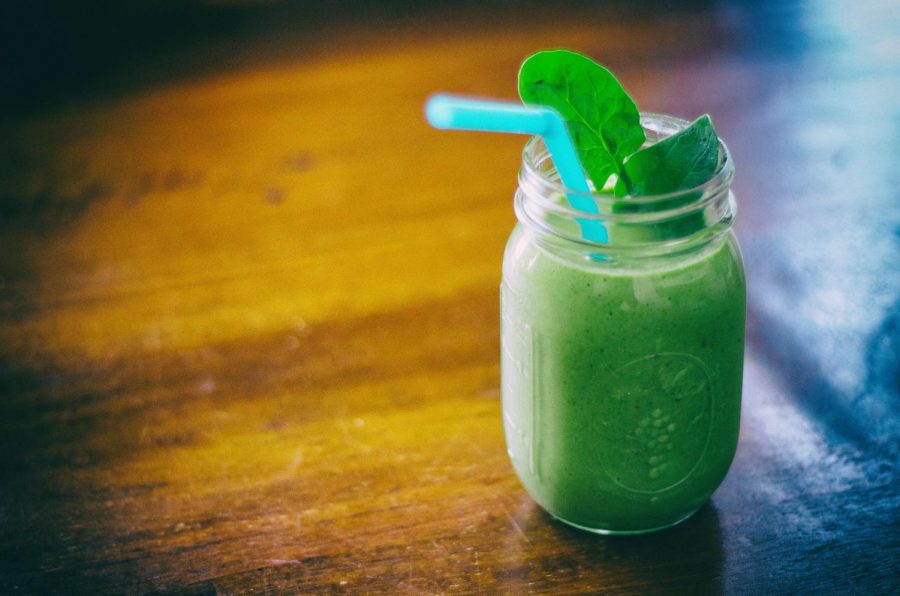With the first snowfall of the season and the end of Thanksgiving break, every student at the University of Massachusetts feels the pressure of the oncoming finals season. Soon we will have our noses buried in books until ungodly hours of the night, sleeping in the library and leaning heavily on the support of study groups to get us through what is the most difficult academic season of college by a long shot. We have papers, tests and projects enough for four people and, during this time, the University promotes self-care in order to relieve us of our anxieties and stressors while we attempt to do the impossible. While the therapy dogs they bring in or the acupuncture that University Health Services provides may be helpful for students as we struggle against the endless stream of exams, can anyone really tell us what self-care is?
Intentionally ambiguous and an often-used buzzword, self-care is an idea drenched with confusion and co-opted by capitalism turning it into something that overall, we all know we should be doing but most are vaguely unclear about how we should be doing it. Though it may be difficult to hear and accept, the “treat yo’ self” ubiquitous form of self-care is completely fake. Self-care is in truth leagues away from buying yourself a new pair of shoes or getting yourself a fancy coffee during high-stress times. Gifting yourself is not in fact an act of self-care, but is ingrained so deeply in self-care culture that the truth about what self-care is may be difficult to hear.
Self-care is defined as participating in activities that help you with your own growth, according Deanna Zandt’s comic on the complexity of self-care. These activities are not always fun. Self-care can be going to therapy or checking your bank statement even though you’re afraid of what you’re going to see. It’s keeping yourself clean, eating healthy food even though you’re stressed and maybe working in time for physical activity even if you don’t think you have it. Self-care is saying no to things that are bad for you and yes to things that are good for you even if you don’t want to do them. Self-care is complex and multi-dimensional, and the way we use it as doublespeak for face masks and bubble baths belittles it as a concept and changes its meaning in the mind of society. Self-care is not about escapism, it it’s an entirely different type of maintenance human beings require specifically during stressful times of their lives.
Between websites like Instagram where people hashtag self-care with their green juices while smiling for the camera and cork boards in your dorm, you may have been made to believe that a face mask or a $7 juice is your ticket to a more enlightened self. While those things are important as forms of self-soothing, they are not in fact, self-care. The term self-care has been adopted by marketers because of its ambiguous nature. It has been turned into an appealing, flashy excuse to buy more products when in fact it is something completely different and distinctly important. There’s no wonder why we are all so confused about the nature of self-care; marketing and consumerism can use the term to their advantage that way and sell more product by using it, but the discrepancy between that and necessary self-care is majorly important.
Knowing the distinction between self-soothing, consumeristic self-care and self-care is a fantastic first step in making efforts to be kinder to yourself and to have a better understanding of your responsibilities to your own well-being. Especially during this time of a college student’s semester where it feels like the world is placed on our shoulders, it can be difficult to stay above water when it comes to work. The University is right to push narratives of self-care and highlight its importance, but what’s more important is knowing how to be committed to self-care. My advice is, before all of your exams get here and your work piles up identify your weaknesses. What do you have difficulty doing when you’re highly stressed? Do you fail to eat healthily or drink enough water? Do you not shower as much as you know you should? Do you allow yourself to get little sleep in the hopes that additional hours of study time will make you do better on the exam? Start planning now how to stop yourself from falling into the same bad habits and instead encourage behaviors of self-care and self-love.
This finals season, feel free to treat yourself to a fancy coffee if it helps you get through the difficult times, but also participate in forms of self-care that are maybe a little bit less marketable and you may feel better because of it.
Brigid Hern is a Collegian columnist and can be reached at [email protected].


















